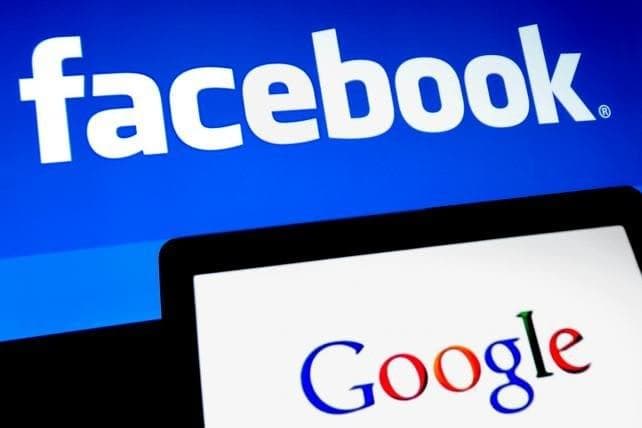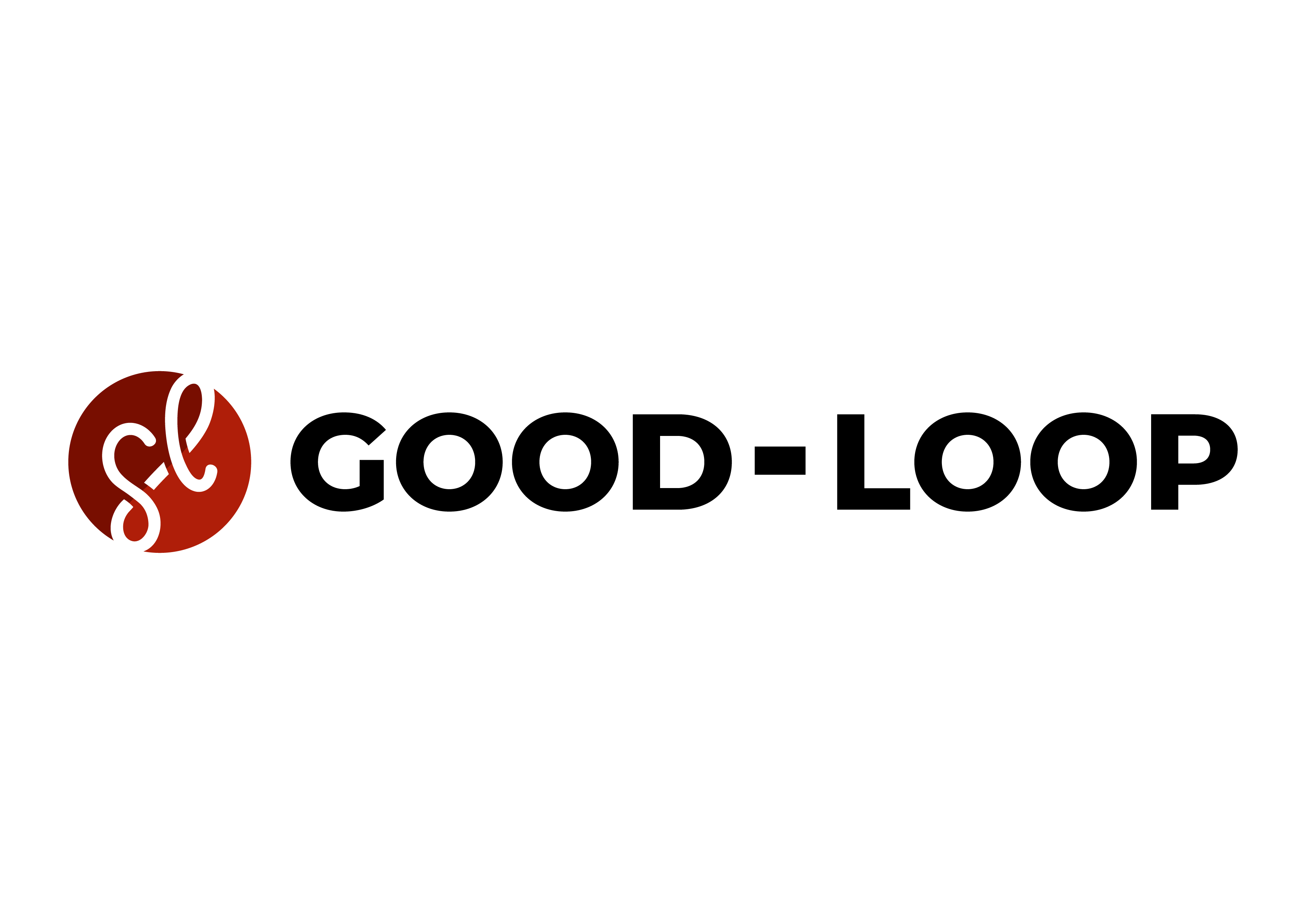Advertising has always been an industry synonymous with shades of grey (and many more than 50)
Few industries have the power to persuade, antagonise, please, and delight. Advertising does.
However, equally few come in for more criticism and mistrust. The rise of ad blockers is testament to this - adverts aren't viewed a source of trusted information, they're an inconvenience.
Last year, Proctor & Gamble's Marc Pritchard called for changes to the digital supply chain, and for an end to advertising without transparency - and focus on improvement in ad fraud, measurement and viewability. This echoed the sentiment of, Randall Rothenberg, chairman of the IAB - who used his keynote annual leadership address to call upon advertisers to repair the damaged trust between consumers and publishers, and tend to their supply chain.
The latest to answer the call, comes in the form of Unilver CMO Keith Weed. Leading the charge for greater transparency and trust across the advertising ecosystem, Unilever have threatened Google and Facebook with pulling adverts if they failed to act. In other words, this meant that Unilever's €7.7bn advertising war chest would go nowhere near them should they fail to clean up their act. The question is...
How much do Google and Facebook really care?
 Image Courtesy of AdAge
Image Courtesy of AdAge
When 73% of all US digital advertising is accounted for by these two titans, it's not easy to get platforms to listen. In the UK, Google and Facebook account for 54% of the digital ad market. Coinciding with wider industry spending growth, the reality is that not only do these platforms continue to grab market share, the size of the market is continuing to grow. The result? Exponential revenue growth.
The reality is that for 99% of companies that seek to increase their reach via paid platforms, Google and Facebook provide the fastest way of doing so. Last year, in the US alone, Google companies pulled in $35bn in digital ad revenue. Meanwhile, Facebook (and owned platform Instagram) took in a comparatively modest $18bn.
If the market is growing, and their market share is increasing - why change anything? Yes, Google and Facebook would likely wish to keep Unilever's business - and with good reason. Yes, there would be alarm bells that could come from following through on the threat - particularly if it extended to partner agencies. But while on most scales Unilever is a Goliath - to Google and Facebook, they remain firmly rooted as David. To follow through on the threat now would surely be a case of cutting off the nose to spite the face?
Revolution isn't born in a day

Unilever, P&G, and many others are finding themselves in a difficult situation. If they pull the trigger and exit these channels, they put themselves at the mercy of competitors. The space that they would no longer compete for would be swallowed by rivals - and slowly but surely, brand awareness would fall. Once brand awareness falls, it can be a hard trend to reverse. The leading brands are tied to the advertising titans, and in turn feeding their own downfall - increasing spend, granting them more resources, and further encouraging inaction from Google or Facebook - it can't be that bad if more advertisers keep flocking to us, right?
If the advertising community wants advertising to change, there has to be a viable alternative. Revolutions without an after-plan lead to a power vacuum - and the scramble to fill it would undoubtedly lead to a solution much worse than what exists now. Instead, we as an industry have to do something much more brave.
We have to admit we have a problem
Just as a whole life's problems cannot be solved in a day, neither can the epidemic of low quality, aggressive, misleading and, in some cases, extremist and dangerous advertising. Instead, we need to admit and accept that the problem is here. The charge that will undoubtedly be levied at Unilever is that this is all hot air or wishful thinking. If it doesn't change now, people will ask when will it? Keith Weed, and many others, have won ethically-focused praise for wanting to build consumer trust in advertising media again. What should be acknowledged above all, is their courage. These are leaders who have faced up to the fact their industry has a problem, and that the answer lies with them - the advertiser. Figureheads like this serve to inform the millions of marketers that use Google and Facebook's platform that there is a better way. The question remains, what that better way is.
Searching for Answers
It's easy to feel as though there is no hope, or way out of this catch-22. But, if we look around, there are examples of ethically-driven enterprises that are gathering momentum. Here at Good-Loop, our video advertising platform is not only delivering better ROI for advertisers, it's driving genuine social good that can be measured in pounds and pence. With companies like Brave, users are getting a better web experience, and publishers are being rewarded through their referral program. Even ad-blockers are stepping up to the mark, and factoring in white-listing - fair recognition that in reality, not all ads are bad, and in fact, are a vital component of the online ecosystem. The issue that many of these companies have, is scale.
As much as Good-Loop would love Unilever and P&G's entire video marketing budget (just saying!), we know that we are in no way ready to support the scale that these companies require. We simply couldn't deliver a level of success that would compete with Google or Facebook. Yet.
What we can do, is work with industry leaders in small stages. Within the AdTech space, there is a high level of innovation that if adopted and applied at scale could create significant change in digital advertising for good. As mentioned, to Goliath-type organisations such as Google and Facebook, Unilever's ad spend, it's a drop in the ocean. But sending just 1% of that €7.7bn spend to innovative fledgling companies can be the difference between scaling and failing. Solutions are out there, but just as advertisers must work in unison with publishers and viewers, so too must advertisers work with the ad-serving platforms that facilitate the conversations. Facebook and Google may have the scale, but it should not be assumed that they have the best technology for all components of the digital advertising landscape. Investing and experimenting with new technologies and approaches not only allows these organisations to see what is possible, it serves as the foothold for progress.
Decentralising the Advertising Ecosystem

These small-scale investments allow preparations to be made for pulling the trigger - a day where scaled commercial success is no longer reliant on the existing ad giants. What does the future of advertising look like, if not powered by Facebook and Google? We like to think that it's that of a decentralised advertising economy, where no single company or small group holds power over such a large portion of the market.
Want video ads? You'll go to Good-Loop, because they're best in breed at that one thing. Want social media ads? You'll go to someone else who has made managing and testing ad-copy and targeting as easy as can be. Want to get hyper-targeted, and hone in on one or two specific people? You'll go to your account-based marketing platform, where you can create your target multi-channel strategy and deploy it in seconds.
The issue with this, of course, is that everything is no longer in one place.
The overwhelming positive of this, is that there's no single point of failure.
If one component fails, either as a business or ethically, the advertising economy will find a new replacement. That replacement may well be Google or Facebook. But their technology and practices will have to match or better that of the predecessor to be accepted - and in turn, restore the balance of power. This will create a landscape where only the best solutions, both in terms of technology and responsibility, can survive.
The question is complex. The answer is simple
- Gradually scale down investment in Google and Facebook advertising.
- Invest in the development of new technologies and products.
- Adopt and scale advertising spend, as the successful technologies and products grow.
- Encourage adoption of ethically-driven technology.
- Continue to hold large platforms accountable.
If you're an organisation that would like to explore an alternative to your existing digital advertising, we would love to have chat. Click here to send us an email, and we'll be in touch!

